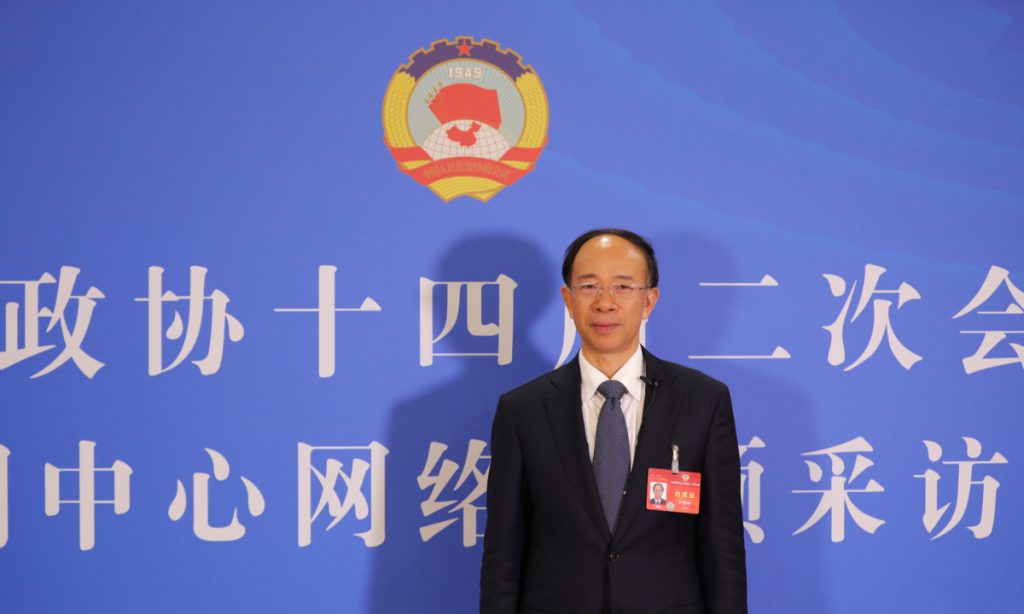CPPCC member calls for removing institutional obstacles to activate private sector investment

China should lift some institutional obstacles to further optimize the investment environment for the country's private business sector in a bid to stimulate the market vitality for investment, while ensuring domestic firms to feel safe with places and funds to invest, a political advisor told the Global Times during the annual two sessions.
Yin Yanlin, deputy director of the General Office of the Central Financial and Economic Affairs Commission and a member of the Chinese People's Political Consultative Conference (CPPCC) National Committee, outlined three detailed measures including to clarify positive and negative lists for investment in the private sector and lift barriers that restrict private enterprises to participate into market activities, aiming to further spur the country's private investment.
In addition, he suggested expanding investment space for private enterprises by effectively breaking down the invisible barriers that hinder the investment entry. For instance, he noted to leave public welfare projects with certain revenue to the private business market, and expand the trial range for Real Estate Investment Trusts (REITs) to private-owned companies, hotel and tourism projects.
Yin also suggested further improving financing channels for private enterprises to ensure they have sufficient funds, and treating private business fairly by actually meeting demand. He urged responsible departments to take full advantages of the special fund earmarked in the central government's budget for investment in 2024, in a bid to encourage, support and guide private business investment.
China's private investment volume fell by 0.4 percent year-on-year in 2023, and the rare situation was caused by an investment decline in the real estate sector, Yin said. He noted that the investment drop was also related to the lack of market confidence, relatively few numbers of high-quality investment projects and strict financing assessment.
"China's investment in private business sector is the major force of nation's investment demand, which accounts for 50 percent of general infrastructure," said Yin.
Aiming to optimizing China's real estate sector, responsible authorities have quickly implemented policy adjustments, with multiple major indicators such as the investment targeting the real estate development and sales of commercial properties seeing marginal improvement, he said.
"Policies that are no longer in line with the current situation should be adjusted as soon as possible. The exploration of a new model for the development of the real estate sector should be used as an opportunity to establish a sound, market regulation-oriented mechanism for stabilizing expectations," Yin said in the interview, noting that the country's housing market will be on a stable and healthy development track with new real estate policy adjustments in place.
At the Government Work Report released on Tuesday, China has set its 2024 GDP growth target at around 5 percent. Yin said that the 5-percent growth rate will make China one of fastest growing economies in the world, as most developed countries have a growth below 3 percent. A 5-percent GDP target could only be achieved by a developing nation as large as China.
China's 5-percent GDP growth this year also will draw in more foreign investments, as only when Chinese economy expands can the foreign firms have the conditions to make a profit, and only when they make a profit can they continue investing, thus engaging in a "virtuous circle," Yin stressed.
During the interview, Yin also pushed against certain allegations that the Chinese economy has peaked. "The outside world may have no idea of how much endeavors the Chinese policymakers are willing to pour in achieving the GDP goal," Yin noted.